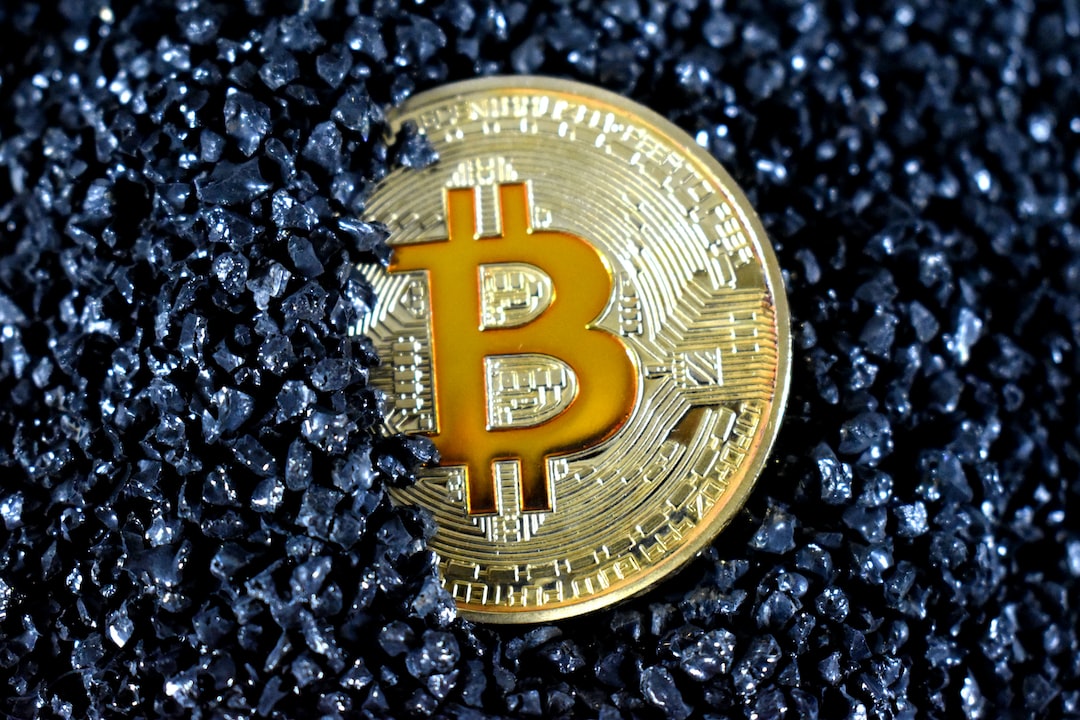Exploring the Evolving Landscape of Cryptocurrency Regulations
Welcome to the exciting world of cryptocurrency! As you delve into this digital realm, it becomes crucial to understand the evolving landscape of cryptocurrency regulations. Governments around the world are grappling with the challenges posed by this disruptive technology, and it’s essential to stay informed to navigate the complex regulatory environment. In this article, we will explore the latest developments in cryptocurrency regulations, ensuring you have the knowledge to navigate this fascinating space.
The Need for Regulation…
Before diving into the specifics, let’s address the underlying need for cryptocurrency regulations. Cryptocurrencies, such as Bitcoin and Ethereum, operate outside the traditional banking system and provide an alternative means of conducting financial transactions. While this holds tremendous potential, it also introduces potential risks, such as money laundering, fraud, and market manipulation.
To protect investors and maintain the integrity of financial systems, governments are stepping in to establish guidelines for cryptocurrency usage. These regulations aim to strike a balance between fostering innovation and ensuring consumer protection, which ultimately contributes to the long-term sustainability of the cryptocurrency ecosystem.
The Global Regulatory Landscape
While the regulations surrounding cryptocurrencies differ from country to country, there are common trends in how governments are approaching this sector. The key areas of focus typically include:
1. Anti-Money Laundering (AML) and Know Your Customer (KYC) Regulations
To combat money laundering and illicit activities, governments are implementing stringent AML and KYC regulations. These regulations require cryptocurrency exchanges and service providers to verify the identities of their users, report suspicious activities, and adhere to strict compliance standards. By doing so, regulators aim to build trust in the sector and ensure a level playing field for all participants.
2. Taxation Policies
As cryptocurrencies gain widespread acceptance, taxation policies are being established to ensure proper reporting and payment of taxes on cryptocurrency transactions. Governments worldwide are working towards defining tax guidelines, including capital gains tax, income tax, and VAT on purchases made using cryptocurrencies. Understanding your tax obligations as a cryptocurrency user is crucial to avoid potential legal issues in the future.
3. Investor Protection
Regulators are increasingly focusing on protecting investors in the cryptocurrency space. They are scrutinizing initial coin offerings (ICOs) – crowdfunding mechanisms for new cryptocurrencies – to ensure they comply with securities regulations. Additionally, regulations are being developed to govern exchanges, custodial services, and wallet providers, promoting transparency and safeguarding users’ funds.
The United States Approach
The United States is actively shaping the regulatory landscape for cryptocurrencies. The Securities and Exchange Commission (SEC) has been at the forefront, providing guidance on when a digital asset may be considered a security and thus fall under securities regulations. Additionally, agencies such as the Commodity Futures Trading Commission (CFTC) oversee the regulation of cryptocurrency derivatives and futures markets. The regulatory environment in the U.S. is evolving rapidly, and staying updated with the latest developments is essential for anyone engaging in cryptocurrency activities.
Global Collaboration
In response to the global nature of cryptocurrencies, regulators and standard-setting bodies are increasingly working together to create a cohesive regulatory framework. Organizations like the Financial Action Task Force (FATF) have issued recommendations for countries to implement AML and counter-terrorism financing measures pertaining to cryptocurrencies. Collaborative efforts help ensure consistency in regulations across borders and tackle regulatory arbitrage.
FAQs
Q: Are cryptocurrencies illegal?
A: No, cryptocurrencies are not illegal in most countries. However, their usage is regulated to varying degrees, and compliance with local regulations is crucial to avoid legal issues.
Q: What happens if I don’t comply with cryptocurrency regulations?
A: Non-compliance with cryptocurrency regulations can result in penalties, fines, and legal consequences, depending on the jurisdiction. It’s essential to understand and adhere to the specific regulations in your country.
Q: How can I ensure the security of my cryptocurrency investments?
A: To secure your cryptocurrency investments, choose reputable exchanges and wallet providers, enable two-factor authentication, and follow best practices for secure storage. Stay updated on the latest security threats and employ proper risk management strategies.
Q: What should I do if I have concerns about a specific cryptocurrency project?
A: If you have concerns about a specific cryptocurrency project, research thoroughly, and seek advice from reputable sources. Look for regulatory approvals, transparency in project documentation, and engagement with the community. Trust your instincts and remember that due diligence is essential in the cryptocurrency space.
Q: Will the regulations hinder the growth and adoption of cryptocurrencies?
A: While regulations may introduce certain challenges, they ultimately contribute to the legitimacy and stability of the cryptocurrency market. Robust regulations enhance investor trust and protect against scams and fraud, fostering the long-term growth and adoption of cryptocurrencies.
In conclusion, the evolving landscape of cryptocurrency regulations reflects the growing recognition of the need to strike a balance between innovation and consumer protection. By staying informed and complying with the regulations in your jurisdiction, you can confidently navigate the cryptocurrency space and contribute to its bright future.
Edulia Coinfield’s journey from a curious technology enthusiast to a highly regarded crypto educator and analyst is a testament to her passion for knowledge-sharing and the immense potential of blockchain technology. Her contributions to the industry and dedication to empowering others have solidified her position as a prominent woman figure in the world of cryptocurrencies.

